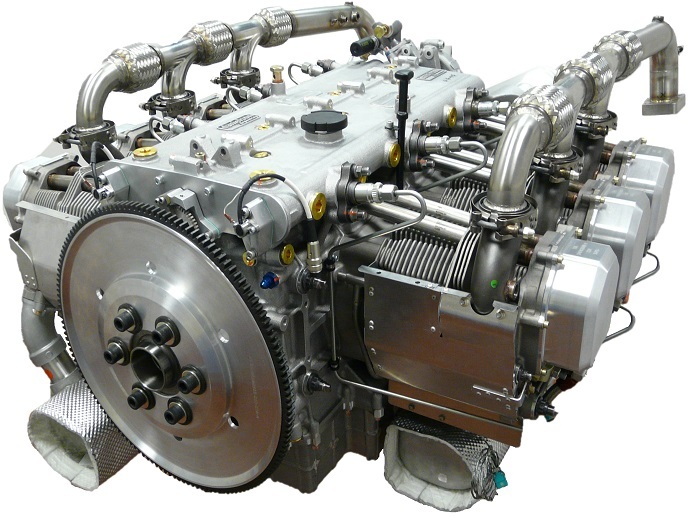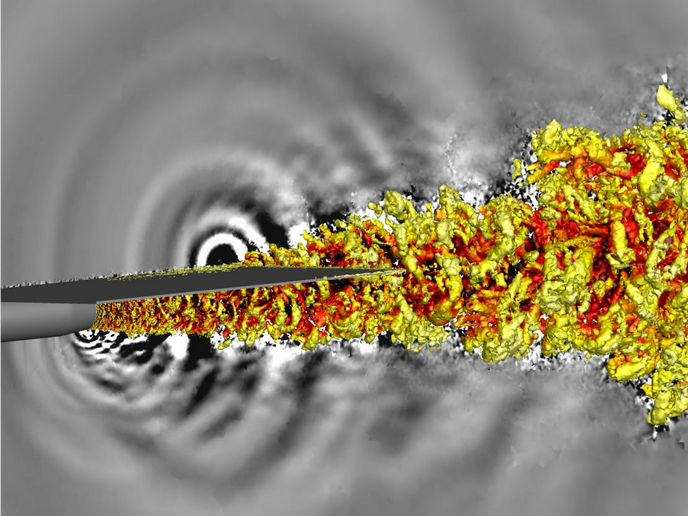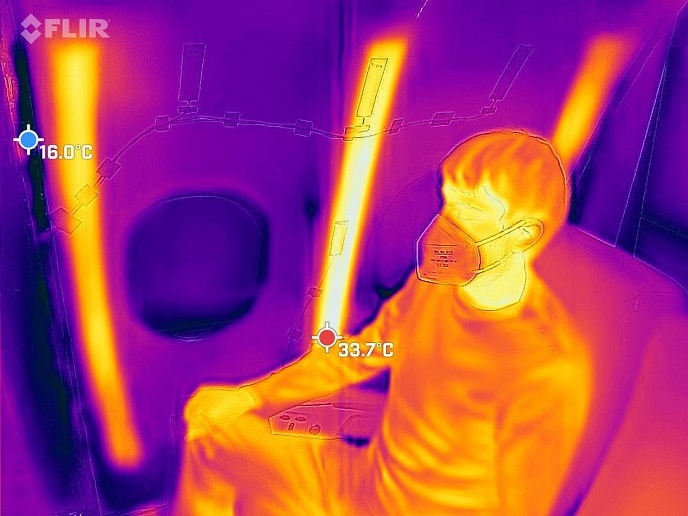Learning from the past to advance the future
The 'Methodology for framework programmes impact assessment in transport' (Mefisto) project aimed to assess the effectiveness and outcomes of these framework programmes (FPs). The first objective was to develop a process to enable impact assessments of the previous FPs. Secondly, this process was to be demonstrated in relation to the aviation sector. Thirdly, recommendations would be made on how to adapt the process for effective use across all aspects of the transport sector. In terms of impact assessment, the EU-funded Mefisto project conducted research whose results could be formulated as a tool for influencing future policy at the mid-point of FP7. This would also come in handy prior to preparations for FP8. For aeronautics, the FP5 and FP6 policy goals included technology objectives aimed at increasing competitiveness, serving social needs and protecting the environment. Also, activities were geared to promoting the vision of a competitive, safe, secure, sustainable and user-friendly air transport system. In addition, policies were set with the aim of establishing a European Research Area (ERA) that would encourage cooperation and integration of research across Europe. In this way, the Lisbon objectives for Europe to become a leading knowledge-based world economy can be further strengthened. Mefisto partners considered the views of over 300 sector-specific experienced individuals, generating a data set of responses to 94 key questions. This allowed for assessment of the impact of policies. Interviews with selected aviation executives, representatives of government and the European Commission meant personal experiences could be explored and considered as related to positive outcomes of the FPs. FP5 and FP6 were highly successful for the aeronautical sector, bringing about important changes in sector operations, increasing competitiveness, driving environment-focused activities and enabling innovative work on aircraft structures. The outcomes were also shown to have had substantial impact on research integration of the sector. At the same time, enterprises large and small from existing and new Member States had the opportunity to collaborate, advance and contribute to sector improvement. The project's main deliverable is in the form of a final report that presents the methodology, findings and recommendations for moving forward.







